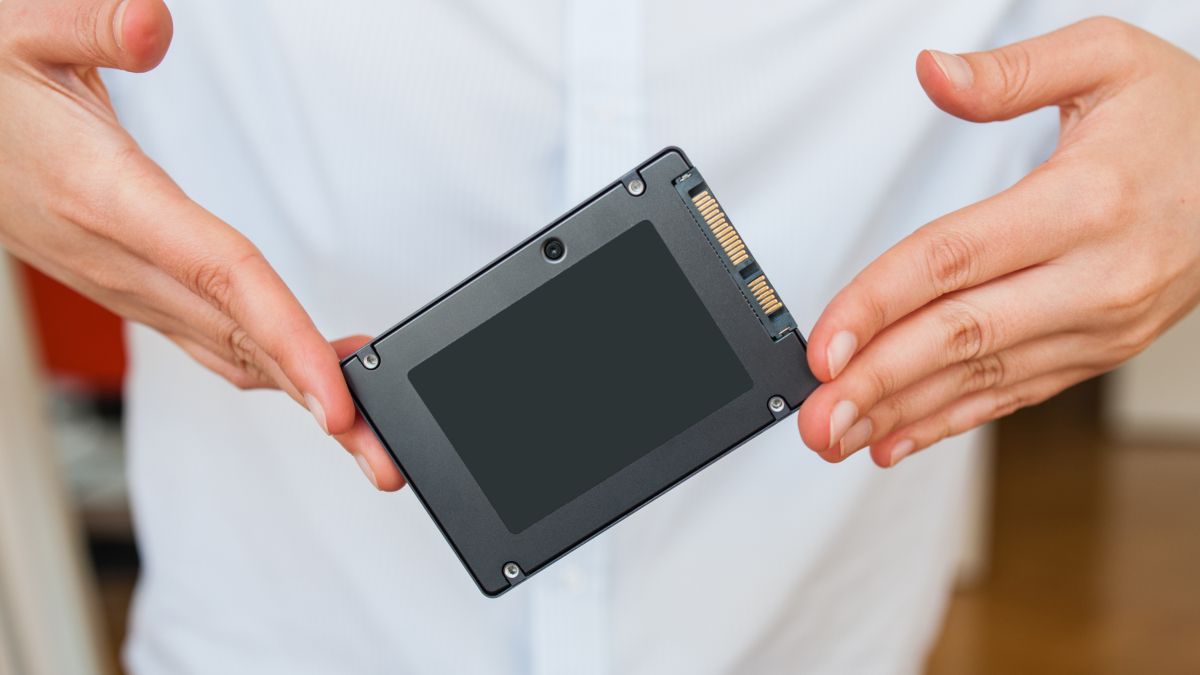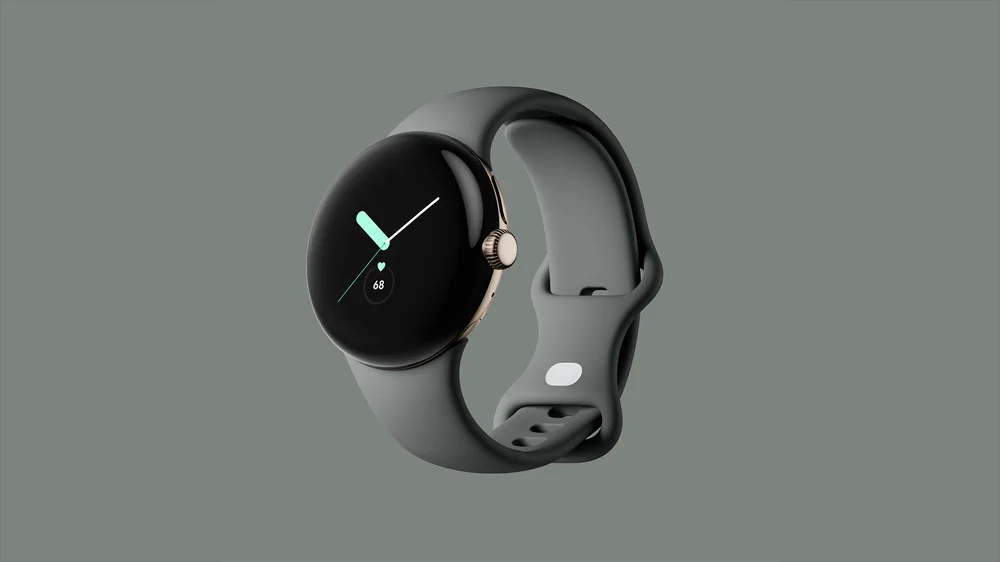
Surely it has happened to you on some occasion: being at a work meeting, with friends, family or wherever and seeing that someone is not paying attention to anything other than their cell phone.
This custom, which has somehow gone from being a rude gesture to being socially accepted, has a name: phubbing.. And in some cases, it can be quite damaging.
It is true that we all reach for the phone at some point, even in the middle of a conversation with someone, but when can this type of behavior become considered problematic? And above all, what consequences can it lead to on health, or on social relationships?
What is phubbing and what does it consist of?
Gettyimages
Like so many other Anglicisms linked to technology lately, phubbing is a term created from two English words: “phone” and “snubbing” (ignore). With this alone it is easy to get an idea of what it consists of: use your cell phone and not pay attention to the person or people around you. A very common practice, really.
Logically, today the supposed “temptations” that are part of the telephone have more and more weight: attending to a conversation on WhatsApp, paying attention to the reactions of a photo published on social networks, etc. But phubbing is not only a matter of good or bad manners, or deference to others, but its consequences can go further.
To begin with, there is the most obvious. The phubbing can make people feel ignored, less valued, or less important, which can lead to resentment or discomfort in a relationship. That is, making it difficult to build solid and meaningful relationships, since it can affect complicity, the ability to understand or the intimacy between two people.
But beyond that, it can also have consequences on emotional and mental well-being. It has been proven that, in the long run, excessive use of mobile devices and disconnection from face-to-face interaction can contribute to feelings of boredomanxiety and depression. In fact, every day more people seem to feel alone, despite everything.
Phubbing and stress
Another problem usually associated with phubbing is stress. And this time twice: both for the person who causes it and for the person who suffers it. The first, for the anxiety that can be generated by trying to pay attention to two (or several) things at the same time, which usually ends up because you don’t look good at any of them.
The second person, for their part, usually develops a feeling of discomfort, caused by feeling that they are not receiving the attention that the moment would supposedly require.
how to avoid phubbing? This is the most complicated question of all. Although the answer seems simple, put down the phone and listen to whoever is in front of you, the problem is that you are not always aware when you are phubbing. The most decisive thing, therefore, is to learn to realize it.



